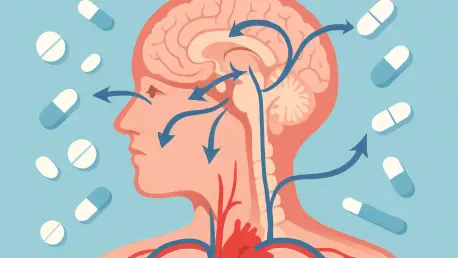
The perplexing reality that a medication meticulously designed to target cancer cells in the lungs can unexpectedly trigger adverse reactions in the heart has long been one of pharmacology's most frustrating and dangerous puzzles. For decades, the path a drug takes after being administered has been
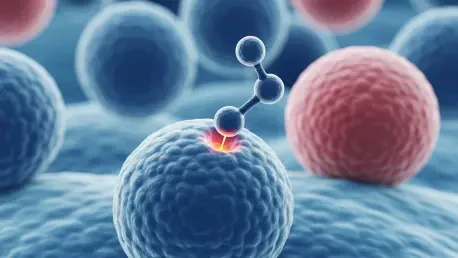
In the complex world of hematologic malignancies, T-cell cancers represent a formidable challenge, often leaving patients with grim prognoses. We sat down with biopharma expert Ivan Kairatov to discuss a groundbreaking new approach that offers a glimmer of hope. In our conversation, he illuminates

In a region where a colorectal cancer diagnosis is often synonymous with a grim prognosis due to late detection, a groundbreaking pilot program in Osun State, Nigeria, has ignited new hope. With roughly 80% of patients in the country typically diagnosed at an advanced stage, the disease has
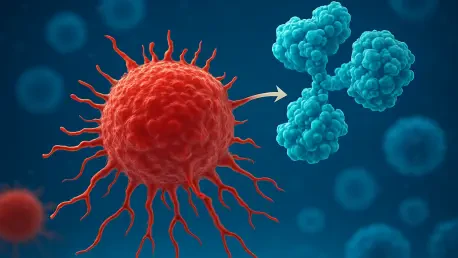
For decades, the cellular machinery responsible for building life’s essential proteins was viewed as a simple, unguided assembly line, but new evidence suggests a sophisticated manager has been overseeing the entire operation all along. This molecular coordinator, known as the nascent
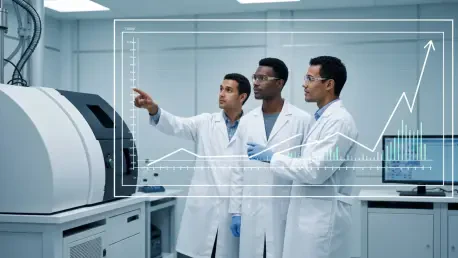
In the relentless battle against neurodegenerative diseases, a new and unexpected ally has emerged from a corner of medicine previously focused on cancer treatment and immune system support. A comprehensive new study has revealed that an FDA-approved drug, used safely for over three decades,
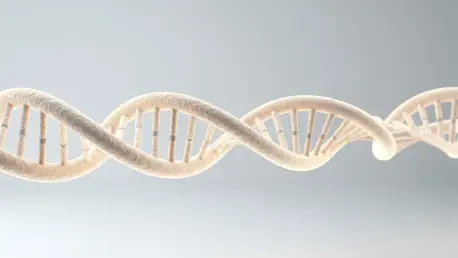
Within the microscopic confines of a cell's nucleus, the two-meter-long strand of human DNA is not merely a static blueprint but a dynamic, physically active entity, a revelation that is reshaping our fundamental understanding of biology. Recent research has uncovered a previously unappreciated